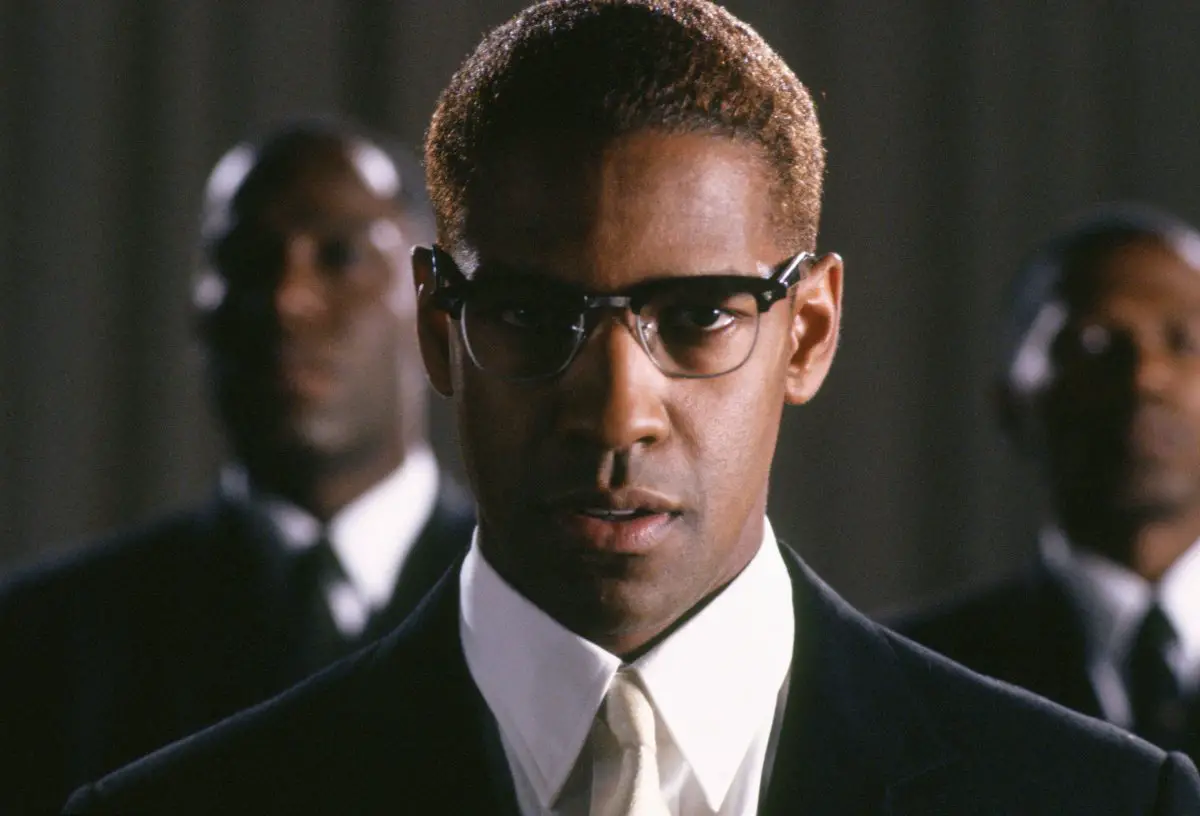Denzel Washington’s Acting Philosophy
(By Carmichael Phillip)

Denzel Washington, a prolific actor known for his powerful performances in films like Training Day, Malcolm X, and Fences, has captivated audiences not only with his acting skills but also with his deep-rooted philosophy on the craft of acting. Known for his intense preparation and dedication, Washington brings a unique approach to each role he undertakes, grounded in discipline, authenticity, and a strong sense of purpose. Here’s a closer look at the principles that drive his success and how his philosophy influences his work.
1. Preparation as the Foundation of Success
Washington has often spoken about the importance of preparation in achieving excellence, a cornerstone of his acting philosophy. For him, preparation is not just about memorizing lines but truly inhabiting the character’s world. As he once said, “I don’t play characters. I live them.” Washington believes that to deliver a genuine performance, an actor must delve deeply into the character’s psyche, exploring the motivations, backstory, and emotional landscape.
This dedication to preparation has won him acclaim throughout his career. For example, in Malcolm X, Washington not only read extensively about Malcolm X but also spent time with people who knew him personally, immersing himself in the character’s life. His portrayal earned him widespread acclaim, as he didn’t merely perform the character—he embodied Malcolm X’s essence.
2. Discipline and Sacrifice
Washington’s journey is marked by an unwavering commitment to discipline. He sees discipline as a critical factor for both his success and longevity in Hollywood. “Without commitment, you’ll never start,” he famously said, “but more importantly, without consistency, you’ll never finish.” Washington emphasizes that consistency and discipline are essential, especially when the process becomes challenging.
Washington’s rigorous work ethic extends beyond his own performances. As a director and producer, he expects the same level of commitment from those he works with. This commitment to excellence has earned him respect not only among audiences but also among his peers in the industry.
3. Faith and Authenticity
For Washington, acting is not merely a career; it is a calling. His personal faith plays a significant role in his approach to his work, grounding him and keeping him focused. In an interview, he stated, “My mother said to me when I was about 59 years old, ‘Denzel, you do a lot of good. But you must do good the right way. And you know what I’m talking about.’” Washington is a firm believer that actors have a responsibility to use their influence wisely, and he remains committed to portraying characters who reflect human complexity.
This belief in authenticity and truthfulness translates into his performances, which are often described as raw and unfiltered. Washington is known for not shying away from challenging roles that portray characters with depth, flaws, and humanity. He says, “Ease is a greater threat to progress than hardship,” highlighting that he finds fulfillment in roles that challenge him both mentally and emotionally.
4. The Power of Storytelling
Washington views storytelling as a powerful tool that can inspire change and open minds. He has said, “Acting is just a way of making a living; the family is life. Life is family, and all the rest is just business.” This perspective reveals his belief that, while acting is a significant part of his life, it serves a larger purpose of connecting with audiences on a human level. His performances resonate deeply because he sees acting as a vehicle to explore universal truths, human struggles, and resilience.
This commitment to impactful storytelling has led Washington to take on roles that challenge social norms and explore complex issues. His role in Fences, which he also directed, was a deeply personal project, examining themes of family, love, and legacy. Washington’s approach to storytelling is not just about entertainment; he views it as an opportunity to explore significant human issues.
5. Learning and Humility
Despite decades of success, Washington remains humble and continually seeks to grow. “You can’t learn anything if you think you already know it all,” he once said. This humility has kept him open to learning from his fellow actors, directors, and experiences throughout his career. Washington encourages younger actors to stay curious and remain lifelong students of the craft.
Denzel Washington’s acting philosophy is rooted in preparation, discipline, authenticity, and a commitment to storytelling. His approach goes beyond mere performance; it is a way of life that values excellence, purpose, and humility. By holding himself to high standards and never shying away from challenges, Washington has created a legacy that not only inspires aspiring actors but also moves audiences around the world. As he once advised, “Don’t aspire to make a living. Aspire to make a difference.” This outlook defines Washington’s career and exemplifies the impact he has had, and continues to have, on the world of cinema.



